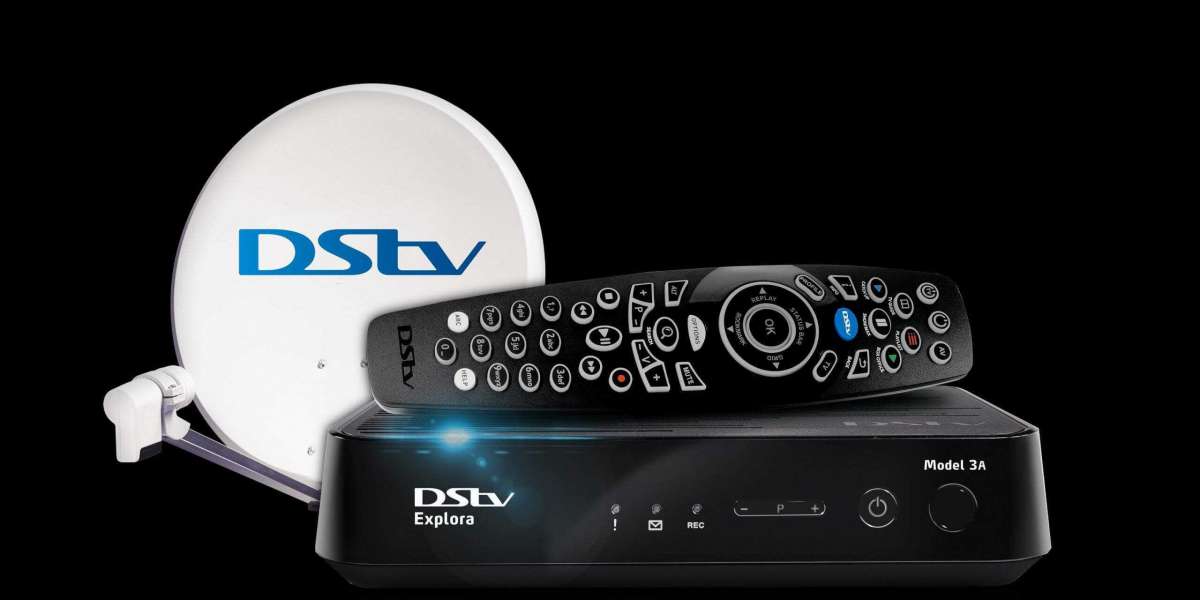The perpetrator — Jordan Lee Mott — was arrested in October 2020 by detectives of the Western Cape’s provincial commercial crime unit. That came after an investigation found he was selling modified Android TV boxes that allowed for streaming copyrighted content, including MultiChoice-owned material typically only available on paid-for DStv bouquets. He was found guilty on seven counts of contravening article 45 of the Regulation of Interception of Communications and Provision of Communicated-related Information Act (Rica) and sentenced to seven years in jail. However, the sentence was wholly suspended for five years on the condition that Mott not be convicted again for a similar crime. Although that means he doesn’t go to prison, the sentence will be added to his criminal record and remain for at least ten years.
He also had to pay a fine of R60,000 into the Criminal Asset Recovery Account. MultiChoice and its copyright protection subsidiary Irdeto welcomed the ruling, with MultiChoice executive for corporate affairs Collen Dlamini labelling it as a “significant moment” in the fight against piracy. However, he said this case only represented a “snapshot of the true nature of piracy”. “There is more that needs to be done in terms of minimising the negative impact of piracy on content creation and the economy,” said Dlamini. “It is important that we work with law enforcement agencies to ensure that perpetrators of piracy face the might of the law.” “As we intensify our efforts to fight piracy, I hope more convictions will follow,” Dlamini added. This is only the second piracy case in South Africa that resulted in a criminal sentence.
In 2014, a Cape Town man struck a plea bargain with the state after being accused of distributing the South African film Four Corners via The Pirate Bay. The accused pleaded guilty to copyright infringement and received suspended sentences under the Copyright Act and Counterfeit Goods Act. He received a three-year prison sentence, wholly suspended for five years, under the Copyright Act and a six-month suspended sentence under the Counterfeit Goods Act. In 2016, the now-defunct Southern African Federation Against Copyright Theft (SAFACT) proclaimed victory over a small electronic goods company for distributing Android-based TV boxes that allegedly facilitated piracy. The accused also took a plea deal after allegedly being scammed by the legal advice company he had contracted. As part of the deal, the company pleaded guilty to breaking the Electronic Communications and Transactions Act, and enabling the piracy of channels like BBC, Sky Sports, and movies and TV shows via XBMC (now Kodi). In exchange, the prosecution offered a suspended sentence and no criminal record for the company’s directors.
Earlier this year, MultiChoice dropped the number of simultaneous streams available to DStv customers to one device at a time, a move it said was part of its efforts to clamp down on piracy. The decision caused an uproar among DStv’s subscribers, many of whom pointed out that members of a household with a legitimate subscription could no longer stream different live channels simultaneously. MultiChoice South Africa CEO Nyiko Shiburi previously acknowledged the frustration the single-device limit has caused some of its subscribers. However, he reiterated the damage piracy inflicted on the broadcasting industry outweighed the inconvenience experienced by customers due to the limitation. “When people pirate, the whole value chain gets impacted,” explained Shiburi. “You invest in a specific show, you have certain expectations around the types of returns.”
“When it doesn’t happen, it impacts the actors, the advertisers, right across the chain.” While it is not planning to scrap the device limit, Shiburi said MultiChoice was working on a “proximity control” mechanism to allow for more streams in the same household. This technology will seek to verify that smart devices accessing DStv streams are being used in the same location as a DStv device, presumably an Explora decoder or Streama multimedia box. One possible approach would be to initiate a “handshake” between DStv devices and mobile devices or smart TVs used to stream content on the DStv app. DStv’s Explora Ultra and Streama both boast Bluetooth and Wi-Fi, which could potentially facilitate such a connection. Shiburi said MultiChoice would be able to give a timeline on the rollout of this solution “soon”.








